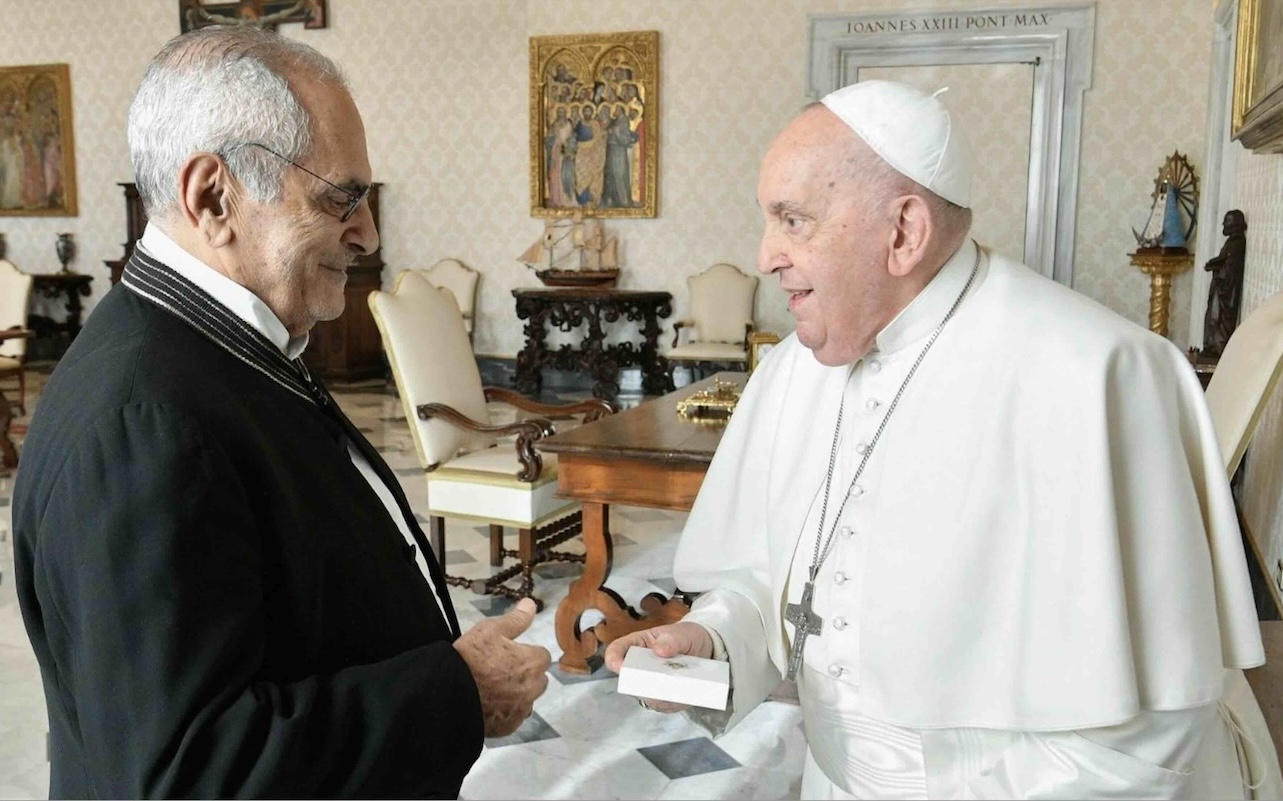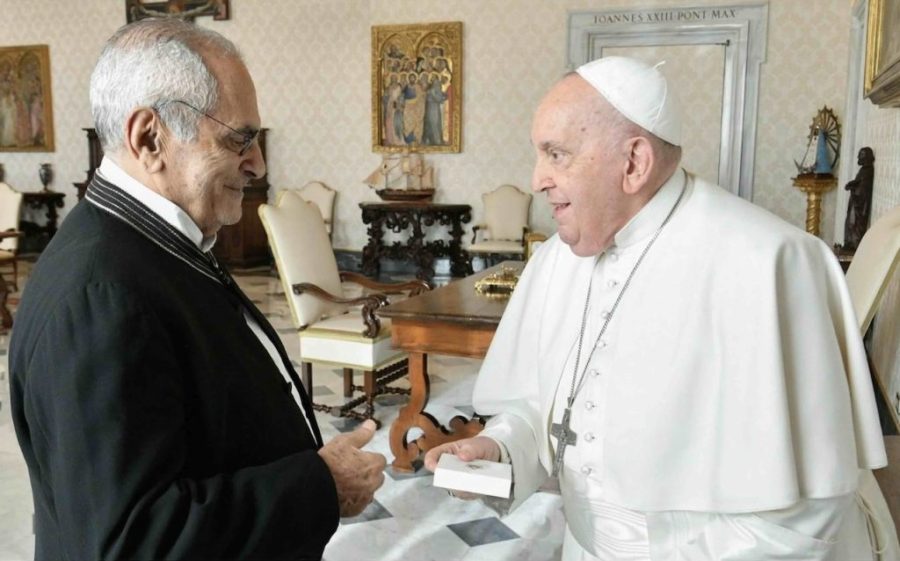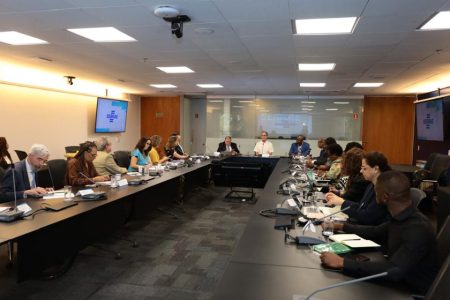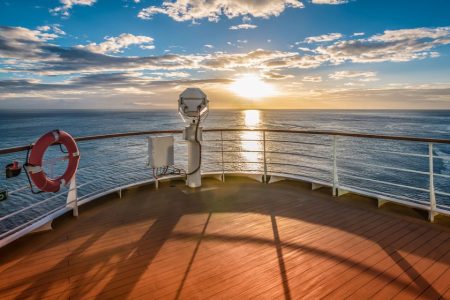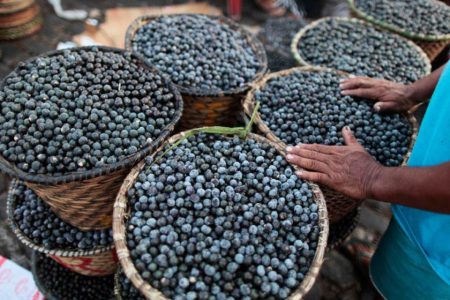Pope Francis landed in Timor-Leste today. The four-day trip marks his first to the country and is the first by a pope since the now sainted Pope John Paul II travelled there in 1989, bringing global attention to the Timorese fight for self-determination.
“May your faith be your culture” is the theme of the visit, encouraging Timorese people to live their Catholic faith in harmony with their rich native traditions. Pope Francis will be visiting a school for children with disabilities, meeting with members of the Society of Jesus at the Apostolic Nunciature, leading the celebration of Holy Mass and meeting with young people before leaving on Wednesday.
The Pope will then continue on to Singapore, wrapping up his longest tour to Asia and Oceania since his election in 2013. He made visits to Indonesia and Papua New Guinea before flying to Timor-Leste.
[See more: The Catholic church is canonising its first millennial saint]
Timor-Leste is now one of the most Catholic countries in the world by percentage of population, second only to Vatican City, but this was not always the case. Before the 1975 invasion by Indonesia, less than 30 percent of Timorese people were Catholic, with most holding animist beliefs. Indonesian law, however, forced them to adopt one of the six major religions and many converted to Catholicism as a way to reject predominantly Muslim Indonesia.
Converting to Catholicism became “the nationalist thing to do,” Michael Leach, a politics and international relations professor at Australia’s Swinburne University, told Reuters. Donald Greenlees, who served as a foreign correspondent in Timor-Leste at the time, told the agency that Church leaders rose to prominence in the struggle for independence, providing information, refuge and a “moral legitimacy.”
Pope Francis’ visit comes just months after Timor-Leste marked the anniversary of the 2002 referendum on independence and may serve as a turning point for the young nation just as his predecessor’s did. Timor-Leste has struggled to diversify its fossil fuel-dependent economy, foster political regeneration and curb corruption. “This visit is grace from God,” said Father Francisco Barreto. “It will bring new life, new energy, for our fight for the progress of this nation.”
